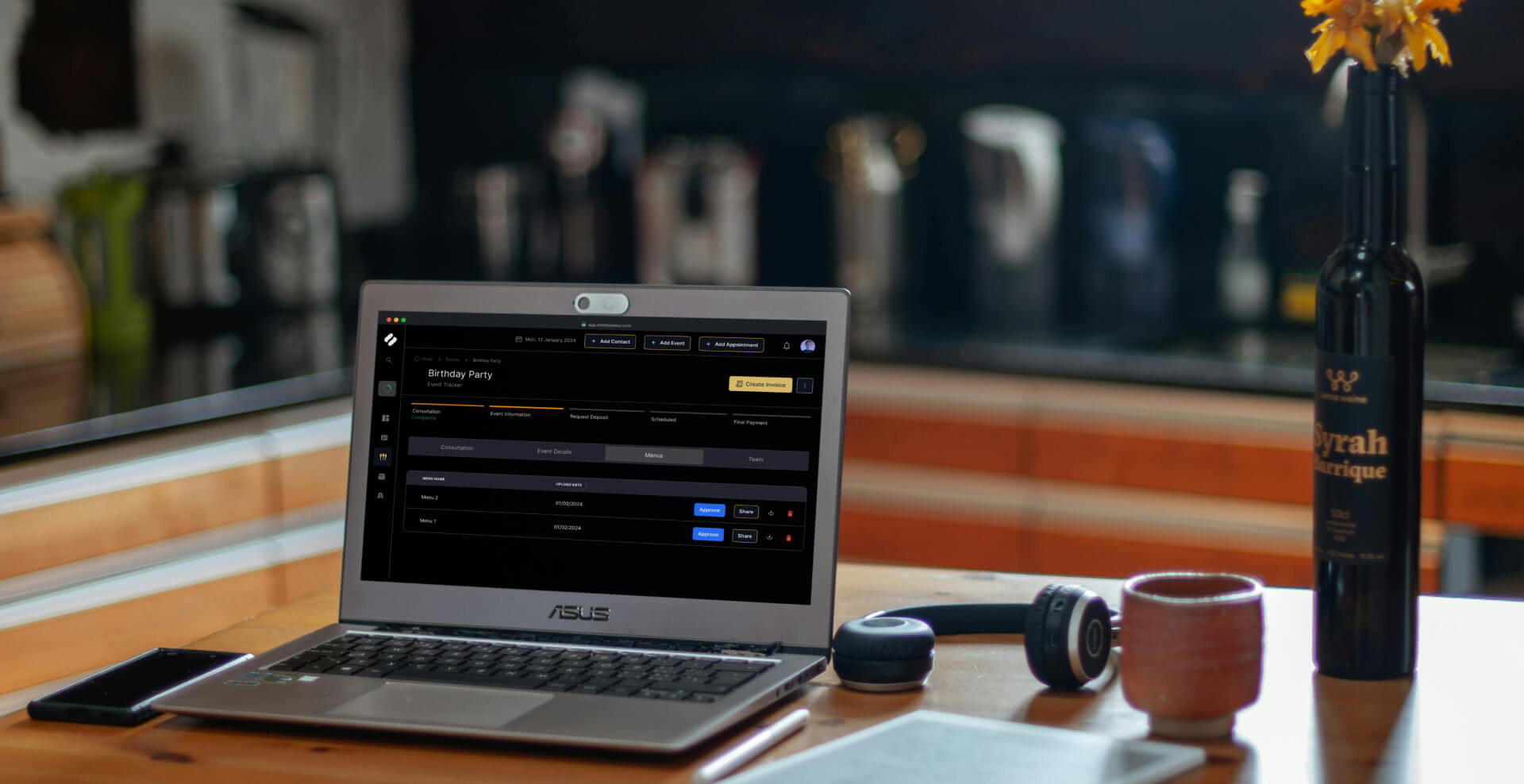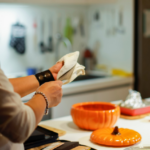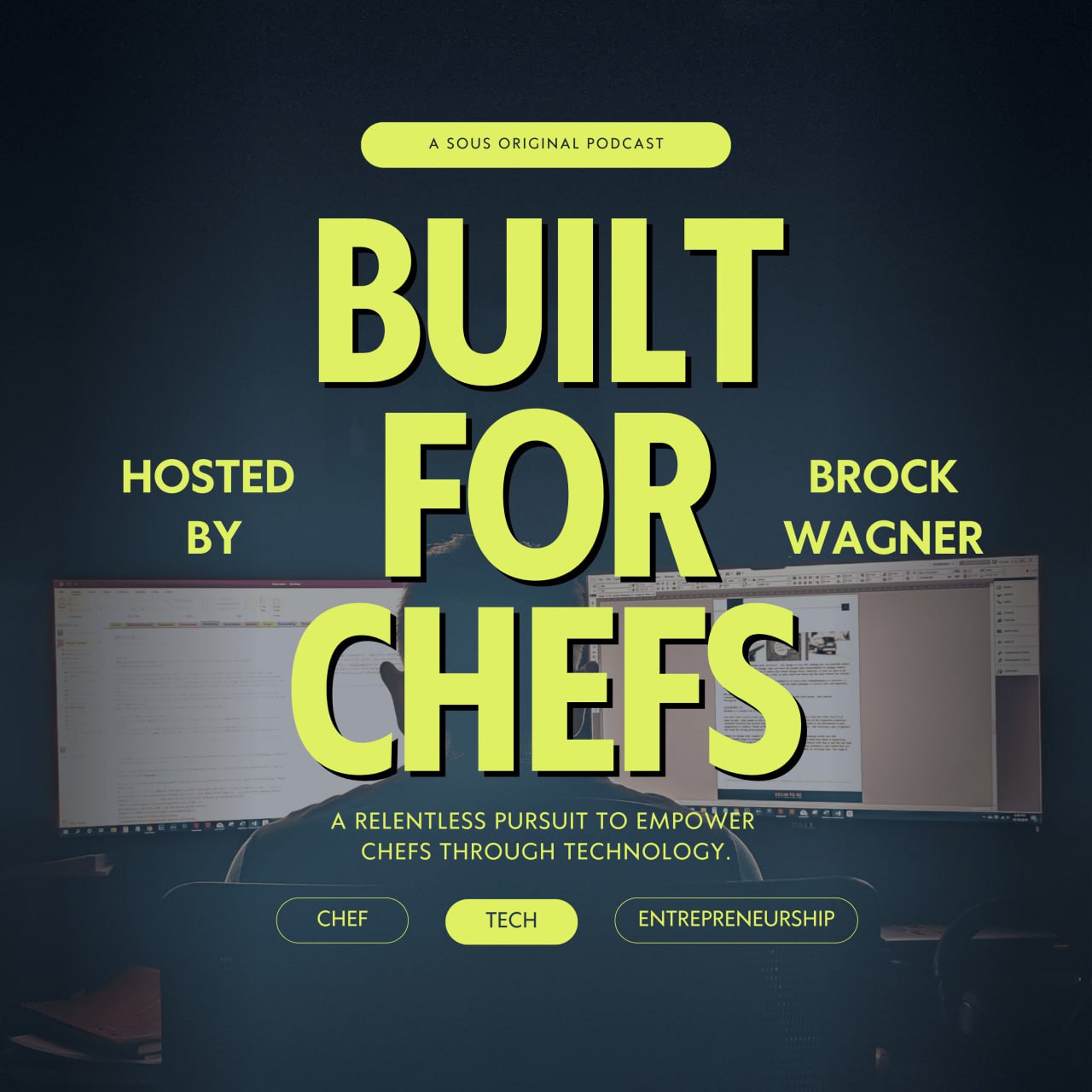For decades, the image of a chef has been firmly rooted in the kitchen—apron-clad, tasting sauces, and perfecting plates. But for personal chefs, the job is far more complex. Behind every beautifully plated dish is an invisible web of logistics: client emails, scheduling, invoices, and meal plans.
While the kitchen remains their stage, many chefs are discovering that the real game-changer lies elsewhere—technology. Quietly and steadily, tools designed for personal chefs are transforming how they manage their businesses, bringing efficiency to an industry historically resistant to change.
1. Client Relationship Management: Beyond Scheduling
Generic scheduling apps are designed to book appointments—nothing more, nothing less. But as a personal chef, your client relationships are critical to your success. Personal chef software goes beyond basic scheduling by incorporating a built-in CRM (Customer Relationship Management) system that lets you store client details, preferences, dietary restrictions, and event histories all in one place.
With a dedicated CRM, you’re not just booking a time slot; you’re building long-term relationships. You’ll know exactly who prefers gluten-free options, who loves French cuisine, and who might have a birthday coming up. These small details make a big impression and help you create repeat clients and positive referrals.
2. Efficient Invoicing and Payments
Most generic scheduling tools aren’t equipped to handle invoicing, payments, and financial tracking. Personal chef software, however, typically includes integrated invoicing and payment processing features, allowing you to create professional invoices, send them to clients, and get paid faster—all in one platform.
This is especially helpful if you’re managing multiple clients and events each week. Imagine the time saved when you no longer need to jump between platforms, manually create invoices, or chase down payments. Plus, many chef software solutions have automatic reminders and payment follow-ups, taking some of the hassle out of getting paid on time.
3. Menu Planning and Approval Workflows
Creating customized menus is part of the unique value you offer as a personal chef. While generic apps don’t have the functionality to manage menus, chef-specific software often includes a menu planning and approval feature. You can design, share, and get client feedback on menus, saving you from emailing back and forth or handling printouts.
These menu tools also let clients view and approve their menu in real-time, ensuring that everything is exactly as they want it before you start cooking. This streamlined approval process minimizes miscommunication, keeps clients happy, and helps you stay organized.
4. Detailed Event Management
Generic scheduling apps work well for basic appointments, but personal chef software is designed to manage events with more nuanced details. Personal chef software typically includes an event tracking feature that allows you to organize logistics, guest lists, and equipment needs, along with the schedule.
When working with SOUS, for example, chefs can keep track of every aspect of an event—from the cooking timeline to guest preferences—all in one place. This level of detail helps ensure every event is seamless and reduces the risk of any last-minute surprises.
5. Built-In Marketing and Client Communication Tools
Getting the word out and keeping clients engaged is crucial for growing your personal chef business. Unlike generic apps, personal chef software often includes marketing features designed to help you attract and retain clients. Some software options let you automate follow-up emails, share promotions, or even schedule posts to social media.
With SOUS, for instance, chefs can manage their client communications effortlessly, increasing client engagement and referrals. By centralizing these tools within the software, you save time and boost the professional appearance of your brand.
6. A Platform That Grows with Your Business
Generic apps often have limited flexibility. They may work well when you’re just starting out, but as your business grows and you take on more clients, the limitations can become a burden. Personal chef software is designed with growth in mind, often with tiered features or scalable options that adapt as you expand your business.
As you book more clients, increase event sizes, or even hire additional help, personal chef software scales to meet your needs. You can start with the basics and grow into the advanced features, all while maintaining a consistent system. SOUS, for example, offers scalable plans that let you add new features as your needs evolve.
Conclusion: The Power of Chef-Specific Software
Investing in software built for personal chefs, like SOUS, isn’t just a matter of convenience—it’s an investment in efficiency, professionalism, and client satisfaction. While generic scheduling apps may cover the basics, personal chef software gives you the specific tools to manage your business from every angle, allowing you to focus on what you love most: cooking.
Whether you’re a solo chef or running a growing team, chef-specific software can simplify your day-to-day, boost your client relationships, and free up more time to focus on creating unforgettable culinary experiences.
Ready to see how personal chef software can transform your business? Schedule a free demo with SOUS today and discover the tools that can help you manage clients, streamline bookings, and grow your business with ease. Don’t just work harder—work smarter. Book a free demo!







